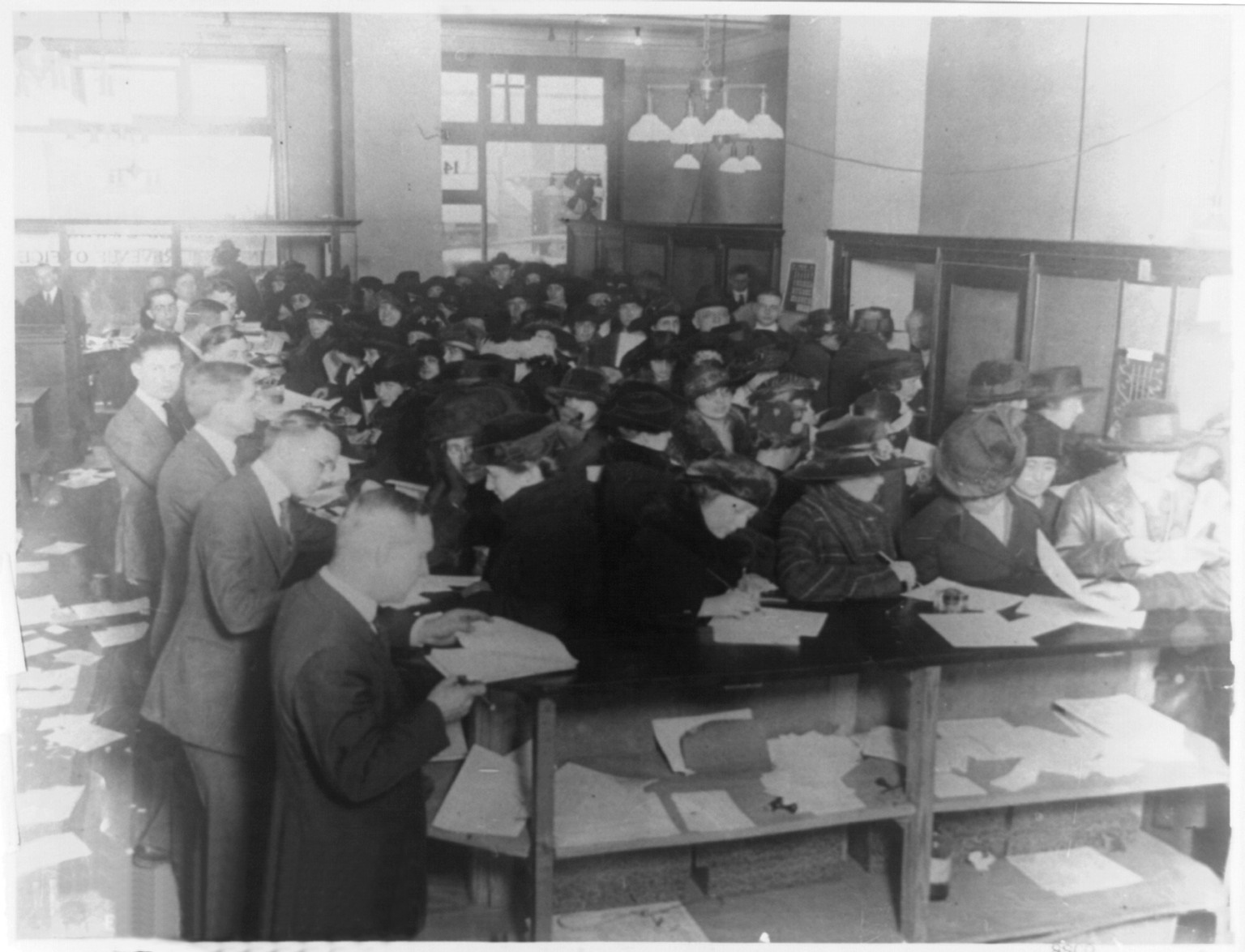The following post is co-authored by Stefan Verhulst and Beth Noveck. It is cross-posted from Forbes.com. If you’d like to learn more about tax data, check out our data expedition on tax evasion and avoidance on the 6th June!

The core task for Danny Werfel, the new acting commissioner of the U.S. Internal Revenue Service (IRS), is to repair the agency’s tarnished reputation and achieve greater efficacy and fairness in IRS investigations. Mr. Werfel can show true leadership by restructuring how the IRS handles its tax-exempt enforcement processes.

One of Mr. Werfel’s first actions on the job should be the immediate implementation of the groundbreaking Presidential Executive Order and Open Data policy, released last week, that requires data captured and generated by the government be made available in open, machine-readable formats. Doing so will make the IRS a beacon to other agencies in how to use open data to screen any wrongdoing and strengthen law enforcement.
By sharing readily available IRS data on tax-exempt organizations, encouraging Congress to pass a budget proposal that mandates release of all tax-exempt returns in a machine-readable format, and increasing the transparency of its own processes, the agency can begin to turn the page on this scandal and help rebuild trust and partnership between government and its citizens.
Every year in the United States approximately 1.5 million registered tax-exempt organizations file a version of the “Form 990” with the IRS and state tax authorities. The 990 collects details on the financial, governance and organizational structure of America’s universities, hospitals, foundations, and charities to the end of ensuring that they are deserving of tax exempt status. We are missing an opportunity to analyze this data so that decisions about whom to investigate can be based on evidence rather than conjecture, on patterns rather than prejudice.
Currently, hundreds of thousands of the largest tax-exempt organizations are required to file their returns electronically. The IRS should release this data in bulk as a free database immediately. If the IRS were to make these 990 data available in a form that could be easily downloadable and processed by computer programs for visualization and statistical analysis, researchers could quickly do more extensive, in-depth empirical research to better understand the sector and spot fraud, waste and abuse more systematically. Knowing who runs a nonprofit can help detect fraud. Attorneys General have occasionally found the same person collecting full time salaries from several different nonprofits.

While the IRS is using robo-audits, catching large evasions still happens mainly by happenstance. With open data, they could be detected, first, through computer analysis. By using technology to expand the regulator’s toolkit, it becomes possible to target limited enforcement resources to where problems really are. The Securities and Exchange Commission has, for instance, developed an improved capacity to detect and prevent insider trading more effectively by making public information computable and easier to mine. In addition, open data creates the means for government and citizens to collaborate on spotting problems. As the adage goes, with many eyes, all bugs are shallow.
Similarly, Form 990 requires charities to disclose loans to or from current and former officers. Making these and other transactions that correlate with instances of fraud like these would save government resources at the state and federal levels.
With a 990 database, it would also be easier to run queries to understand which executives receive the highest compensation. By combining 990 and other data, such as lobbying data, it might become possible to spot impermissible political activities.
President Obama’s 2014 budget calls for requiring all tax exempts to file electronically, but also requires that the IRS makes these already public returns available in a timely, machine-readable format. These data would create a corpus of open, computable information that could be used to understand where nonprofits are providing services and where there are gaps. Enabling more people and organizations to analyze, visualize, and mash up the data, creating a large public community that is interested in the nonprofit sector and can collaborate to find ways to improve it.
In sum, the data that the IRS collect about nonprofit organizations present a great opportunity to learn about the sector and make it more effective.
Making IRS data open won’t solve every problem; the recent scandal has proven that the IRS must be more transparent about both the information it collects, but also how it manages that information. A commitment on day one to share the data it collects in a machine readable manner would show true leadership by Mr. Werfel and help solidify the Obama administration’s legacy as an open government.
Stefaan G. Verhulst is the Chief Research and Development Officer of the Governance Laboratory @NYU (GovLab) where he is responsible for building a research foundation on how to transform governance using advances in science and technology.
Beth Noveck is Founder and Director of the Governance Laboratory. She served in the White House as the first United States Deputy Chief Technology Officer and founder of the White House Open Government Initiative (2009-2011). She was appointed senior advisor for Open Government to the UK Prime Minister David Cameron. She is the author of “Wiki Government: How Technology Can Make Government Better, Democracy Stronger and Citizens More Powerful.”
Beth Simone Noveck served in the White House as the first United States Deputy Chief Technology Officer and founder and director of the White House Open Government Initiative (2009-2011). UK Prime Minister David Cameron appointed her Senior Advisor for Open Government. She served on the Obama-Biden Transition Team and was a volunteer advisor to the Obama for America campaign on issues of technology, innovation, and government reform.








